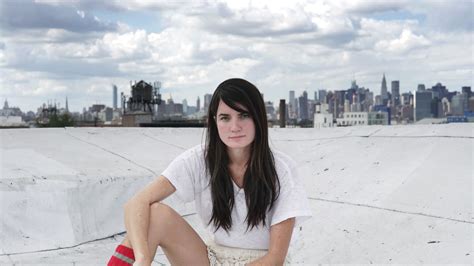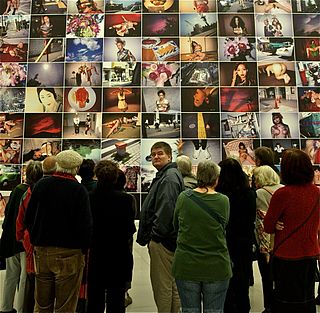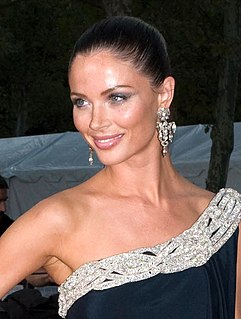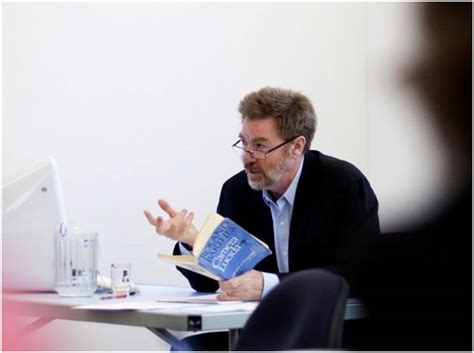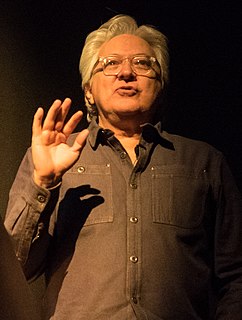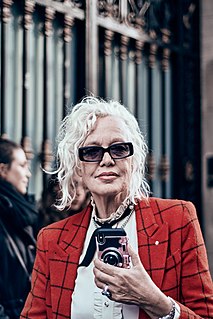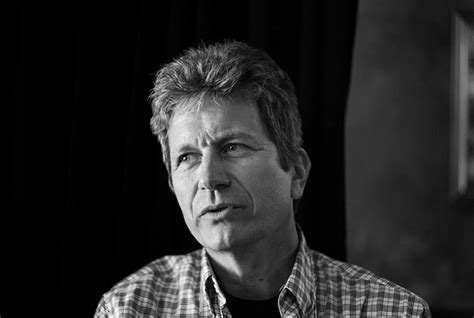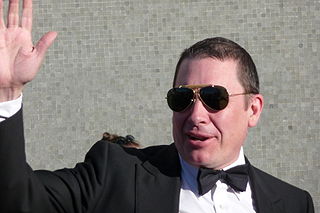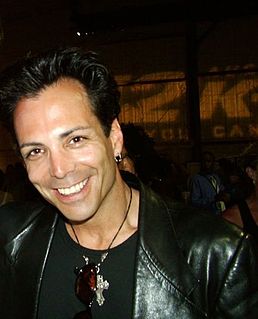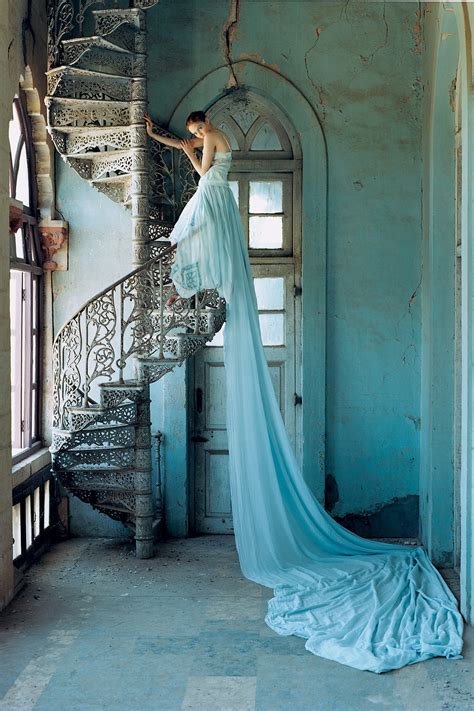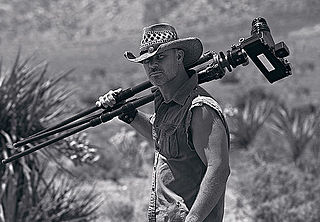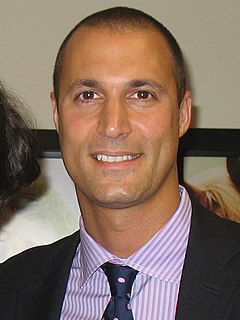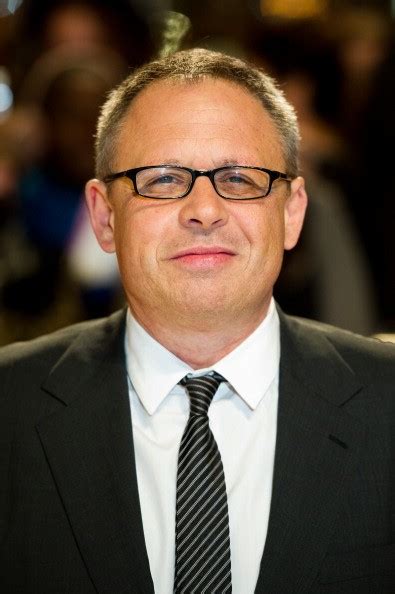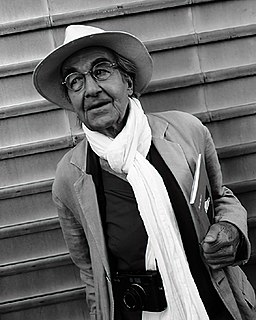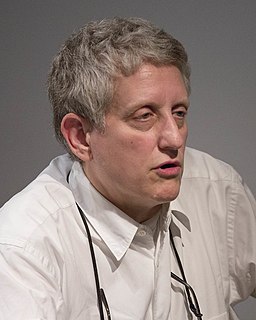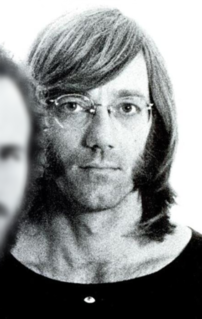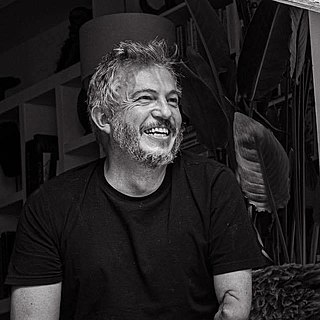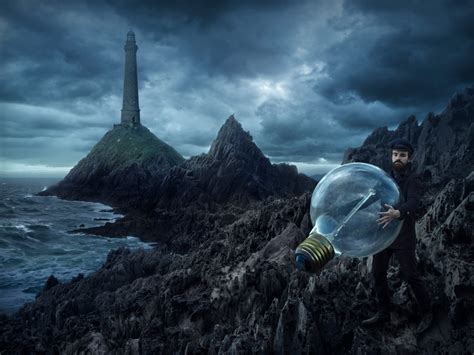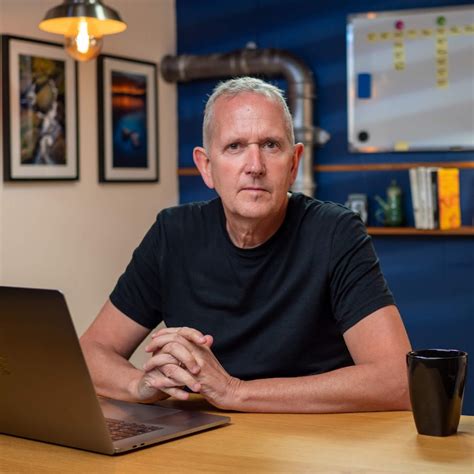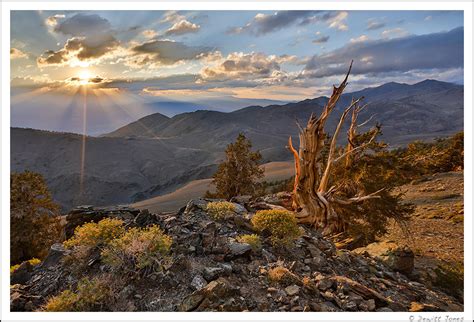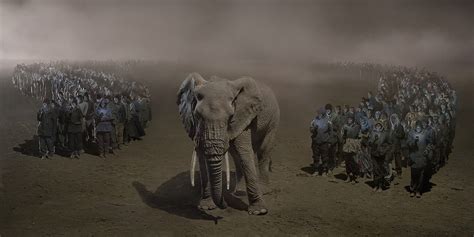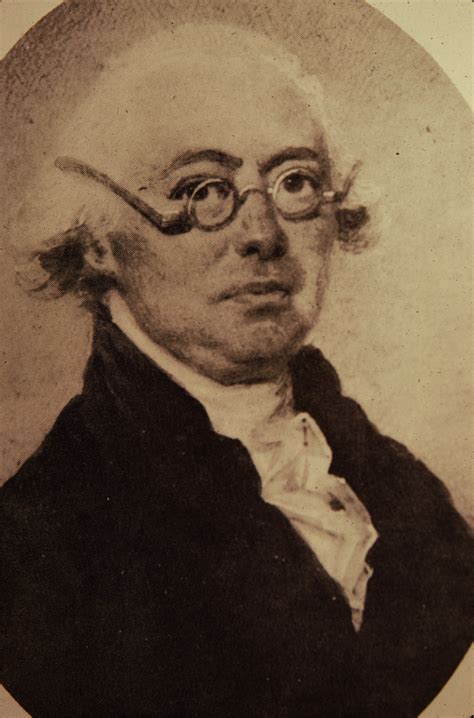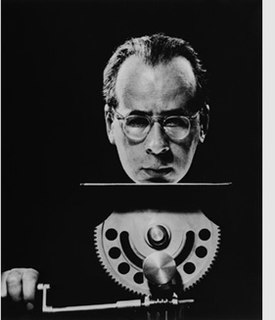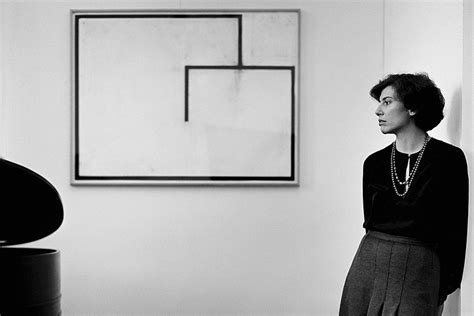Top 1200 Capturing A Moment Photography Quotes & Sayings
Explore popular Capturing A Moment Photography quotes.
Last updated on April 14, 2025.
Photography obviously lends itself so well towards fashion. It's capturing that moment and that inspiration, and as a designer you are constantly walking through the world assimilating those visual references you have and so being able to solidify that into a photograph and keep it on your mood board is essential to creating a collection.
My favorite type of photography - apart from fashion photography - is journalism, which in a way documents something that exists in a very precise moment, that didnt exist in a moment before and will not exist ever again. This has influenced my work a lot - I usually try to make my images look like they just exist, like no effort was put into it.
If you are able to see on a monitor what it's actually going to look like and have that kind of feedback informing your decisions, then you're bringing back a lot of the decision-making process of the designer, the director of photography and the director away from the post-production process and bringing it back into the actual capturing of the event on film.
Photography is all about capturing a mood, a feeling. I feel a special connection with nature, often very powerful. This late afternoon was phenomenal. Standing on the edge of the ocean, I gasped in awe as the holy light illuminated this cathedral window. Witnessing such a moment and capturing it is what I live for. Mother Nature is so powerful, I never underestimate Her.
Photography can still be used to champion activism and change. I believe this, even while standing in the cool winds of postmodernism... Postmodernism looked radical, but it wasn't. As a movement it was profoundly liberal and became a victim of itself. Precisely at this historical moment, when multicultural democracy is the order of the day, photography can be used as a powerful weapon toward instituting political and cultural change. I for one will continue to work toward this end.
But you really - I always think that a director has got to adapt to whatever the needs of the actor are. You know, so if you take someone like Eddie Murphy, who is not a big fan of rehearsal. You know he comes out of stand-up. He comes - it's all about capturing the moment - in the moment, you know.
Anthropology... has always been highly dependent upon photography... As the use of still photography - and moving pictures - has become increasingly essential as a part of anthropological methods, the need for photographers with a disciplined knowledge of anthropology and for anthropologists with training in photography has increased. We expect that in the near future sophisticated training in photography will be a requirement for all anthropologists. (1962)
When I was in the 12th standard itself, I decided to join the Adyar Film Institute and study photography. I specifically chose photography because I see photography as an applied science. There is an artistic element also in it. If you perfect your scientific element, you can attain certain quality.
To know whether photography is or is not an art matters little. What is important is to distinguish between good and bad photography. By good is meant that photography which accepts all the limitations inherent in photographic technique and takes advantage of the possibilities and characteristics the medium offers. By bad photography is mean that which is done, one may say, with a kind of inferiority complex, with no appreciation of what photography itself offers: but on the contrary, recurring to all sorts of imitations.
I collect art on a very modest scale. Most of what I have is photography because I just love it and it makes me happy and it looks good in my home. I also have a pretty big collection of art books mainly, again, on photography. A lot of photography monographs, which is great because with photography, the art itself can be reproduced quite well in book form.
It's funny how sometimes historians sneer at journalists, yet they depend on us in the future for the material that they mine. You realize that some of the stories wouldn't have been told if you hadn't gotten to them. There is that sense of capturing a moment that was just about to go over the horizon.
I like getting my ideas from the things of now. I am very conscious of the moment, of images that belong to this moment instead of another period. Fashion is really a reflection of our lives. You see women today and they don't do their hair up; they all wear their hair undone. So you have to reflect that in your photography .
What is creativity? Having spent my life in one creative endeavor after another, I can tell you it's not something magical or mystical. It's something very simple. To me, it's just a moment - a moment where we look at the ordinary, but we see the extraordinary. It happens all the time in my photography.
Few photographers have ever considered the photography of wild animals, as distinctly opposed to the genre of Wildlife Photography, as an art form. The emphasis has generally been on capturing the drama of wild animals IN ACTION, on capturing that dramatic single moment, as opposed to simply animals in the state of being.
Cartier-Bresson has said that photography seizes a 'decisive moment', that's true except that it shouldn't be taken too narrowly...does my picture of a cobweb in the rain represent a decisive moment? The exposure time was probably three or four minutes. That's a pretty long moment. I would say the decisive moment in that case was the moment in which I saw this thing and decided I wanted to photograph it.
